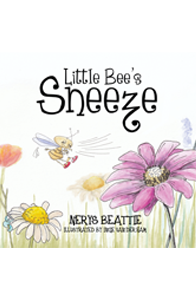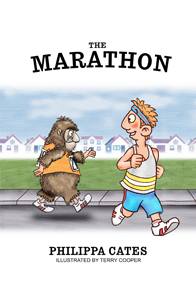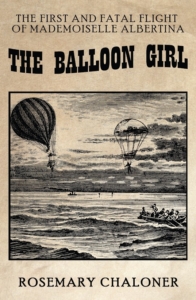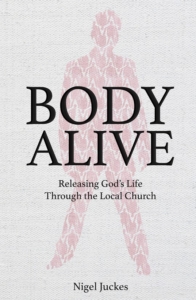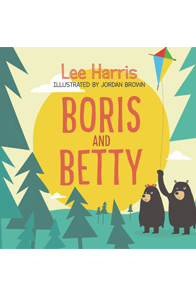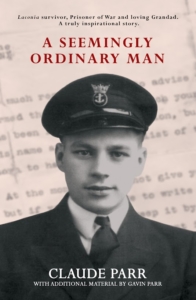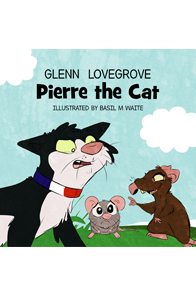
The other day I found myself in a situation no doubt familiar to lots of tutors of creative writing who, when offering a group of students time to write something creative, was greeted with a chorus of ‘I don’t know what to write’. Rather than viewing this solely as a resistance to doing work or a lack of creativity I see it as a challenge to myself and as an opportunity to challenge them. So, what were their real concerns?
Firstly, the environment within which they were working – a secondary school – can, without making any apologies here, be more intimidating and less conducive to a supportive atmosphere giving genuine constructive feedback.
Secondly, students complained that they wouldn’t know what on earth to write about which, if you have read my very first blog, should not be a concern to anyone with any life experiences to call upon.
Finally, as some murmurs never made it to my ears, it was the difficulty of knowing where to start which made the task a little overwhelming. It is these very concerns along with the advice I gave them which I wish to reflect upon and I will tackle the first of these issues today.
The environment within which students produce writing and indeed share it is a pressing one. Students of literature and / or creative writing at A level or beyond will appreciate that sharing their creations with the rest of their group in order to obtain feedback is a valuable part of the process. The early days of creating the right environment to do this is a delicate process to manage so that nobody feels unable to share their work; this could be heavily influenced if the tutor sets class rules for feedback or sets the class the task of setting the ground rules themselves. Still, some pupils may be shy and may not wish to read their poetic lyrics aloud, so what then? A whole class approach could possibly be broken down into smaller groups or even, if it is the best way to build confidence, separating everyone into pairs which may seem less threatening. Yet another approach could be to set up a space within which students can upload their work and then students – if individual accounts are created – can provide feedback while taking responsibility for their responses. Ultimately, it may take a few weeks of positive feedback from a tutor before someone is willing to accept that they do in fact have talent, so a further step for the initial weeks with a group of new students may be one to one feedback. However, always be aware that the writing produced may be deeply personal so while the individual has drawn upon a real experience to inspire their writing it may be that they are not quite ready to share it with a wider audience just yet.
Creating a space that allows people to write is also of the highest importance; light, heat and writing resources must all be available as must the ability to work in peace for any period. This does not necessarily mean peace and quiet as some writers may find working to music or background noise easier so this also needs to be carefully considered. Although the process of writing and learning to improve one’s writing is a collaborative effort, the act of writing is a particularly individual process so an appreciation that one size does not fit all is required.
If you are a student reading this then I implore you to continue writing and to start, or continue, sharing your work without fear. There are a great many ways that you can improve your writing.
The first of which is to read; read a lot but, most importantly, read a variety of authors and genres. The various skills and techniques that can be found in one author may be different from another, you must also appreciate that to subvert a text or genre you must first understand it’s ‘rules’ and that will not happen without reading.
Secondly, you must challenge yourself to write in a variety of voices, tenses, narration styles and genres as the only way you will be able to reflect on these skills is by reviewing what you have actually produced. In addition to this, writing in a variety of styles will enable you to put into practice many techniques that you have identified in other authors and will allow some of the greater influences to flow through your own work in your own inimitable way.
Finally, share your work with others even if it only starts with friends and family before including your lecturer and classmates. A word of warning though: you are likely to hear ‘good’ and ‘nice’ quite a lot. Your peers and particularly your lecturer will have considerably more experience in reading and creative writing so will be able to provide much more valuable feedback with which you can revisit your first drafts.
Receiving criticism – no matter how constructive – is a painful experience and the more of your soul that reaches the page the more painful it is to hear that is not a ready-made best seller; however, if you want it to be then you need this feedback. Not everyone will appreciate your style and not every reader will understand the deeper meaning of your text, but if you want to publish in your career then at some stage you will have to declare that last edit as final and send it off for the scrutiny of publishers. You may be surprised that your peers and college or university staff are just as supportive and hungry for you to succeed as you are for them to enjoy that very same success.
Read, write and share. Happy writing!
A blog by Steve Marshall
—

